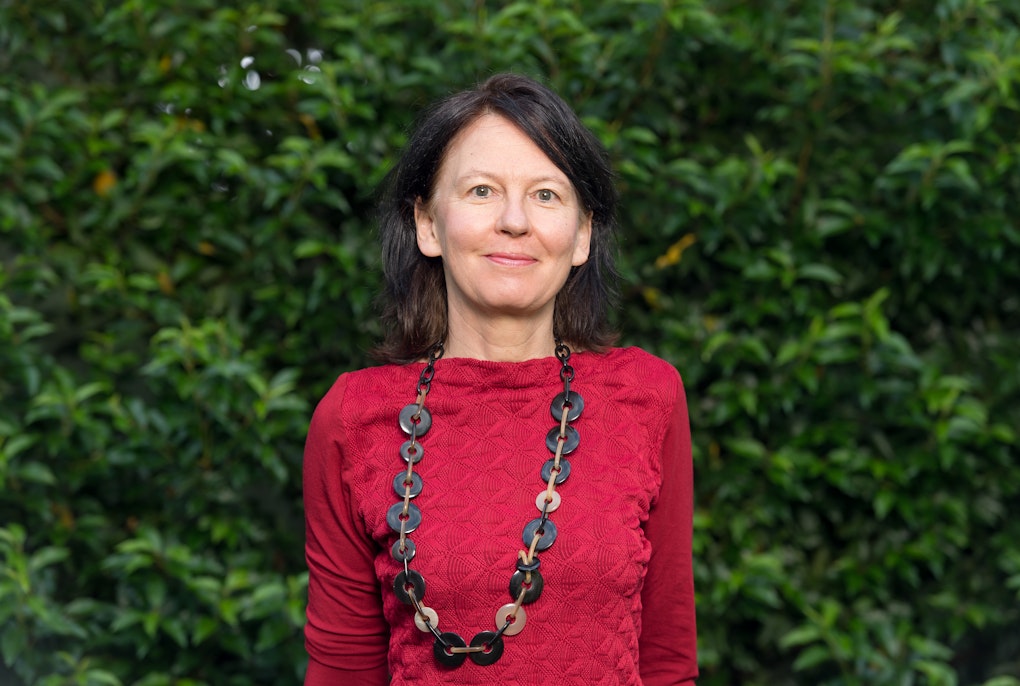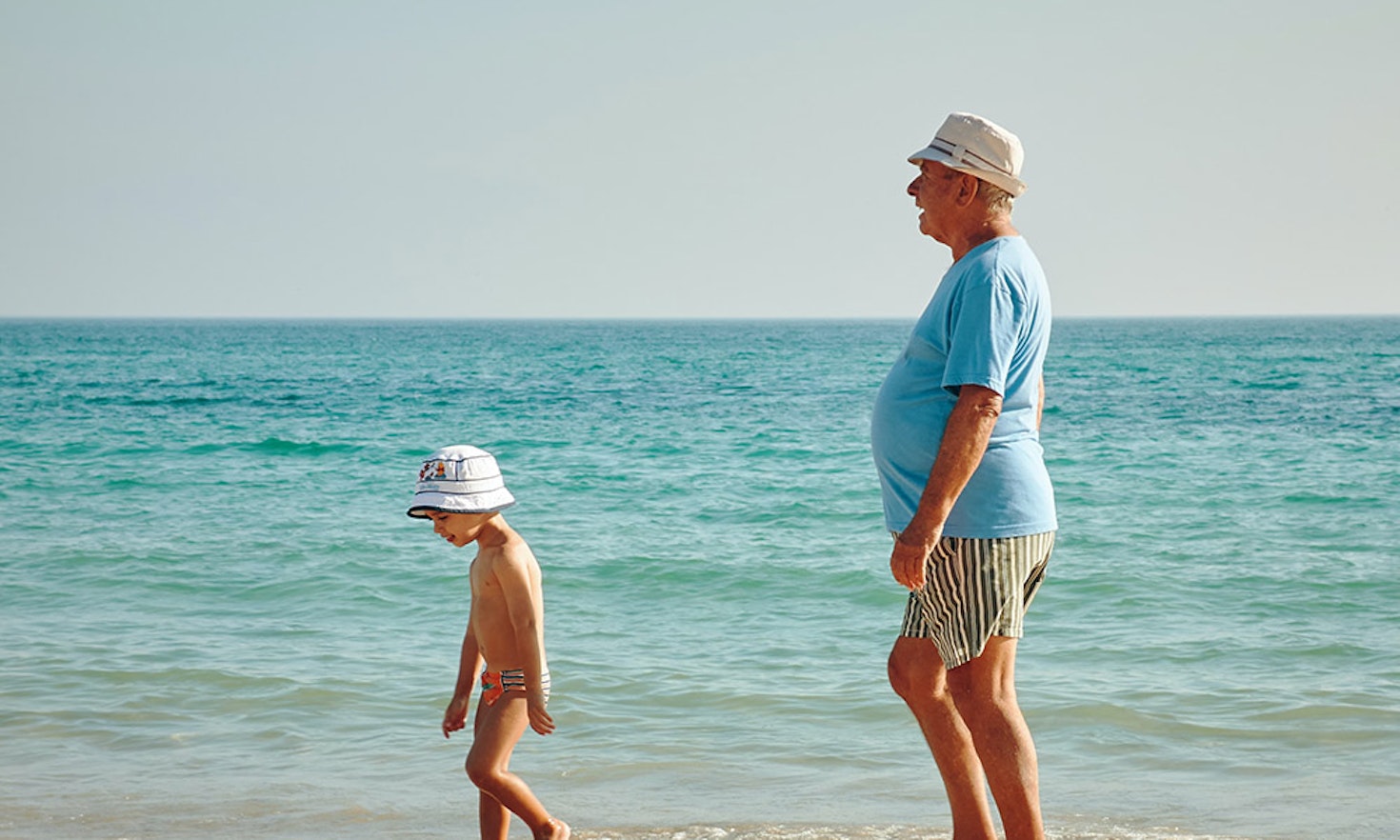
Keine Innovation ohne soziale Energie
 Valeria von Miller
Valeria von Miller
Sometimes I feel I’m gonna break down and cry, so lonely
Nowhere to go, nothing to do with my time
I get lonely, so lonely, living on my own.
As convincingly claimed by Freddy Mercury, living on one’s own is not always easy for everyone, especially in times of the Corona virus. Italians have been forced to stay home for two months, except for grocery shopping, going to the pharmacy and taking short walks around the house. Isolation seems in fact to be the best remedy against Covid-19, which, according to the World Health Organisation, is “primarily transmitted from symptomatic people to others who are in close contact through respiratory droplets, by direct contact with infected persons, or by contact with contaminated objects and surfaces.” But is forcing people to remain at home the best way of preventing them from having contact with other people? And how much do cultural factors, household structures and intergenerational ties influence contagion?
This question has been a matter of debate during the last few months, after the publication by Christian Bayer and Moritz Kuhn, two professors of Economics at the University of Bonn of a study in which it was argued that fatality rates were initially higher in countries with more intergenerational interaction. More precisely, they showed that countries where a higher percentage of people aged 30-49 live with their parents, higher fatality rates were experienced. This share varies significantly across countries, ranging from below 5% in France, Switzerland, and the Netherlands, to above 20% in Japan, China, South Korea, and Italy. Bayer and Kuhn drew the conclusion that social distancing needs to focus particularly on the elderly and that the structure of social interaction matters within this context.
Even if these results only show a correlation between these two factors and not a proper causal relation, it cannot be concluded that living with one’s parents increases Covid-19 mortality, these findings shed light on an aspect that had so far remained underestimated.
Intergenerational interaction includes different types of contact: from living with the elderly to simply visiting them, volunteering activities and working in nursing homes, but also grandparents looking after grandchildren, and so on. Italians and Spaniards are not only more likely to live with their parents until the adult age, but they also have more contact with elderly people. Eurostat data reveals that around 30% of Spanish and Italian seniors meet their relatives everyday, while this share differs completely in France – 18%, the United Kingdom – 16% and Germany – 12%.
In Mediterranean countries, families remain at the core of the provision of services, both for childcare and for elderly care. In Italy, the percentage of families resorting to the help of relatives to look after their children is higher than the percentage of those using public or private services such as kindergartens or babysitters – 38% vs. 31%, as ISTAT states. This is the reason why the return to work combined with school closures has created many problems to Italian families: who should provide care to children? Grandparents, who are more likely to contract the coronavirus? Once again, the burden of family care is likely to fall to women, who have lower-paid jobs or no job at all, and thus could feel forced to quit their jobs, or simply who have to combine smartworking with caregiving.
On the other hand, data on adult people living with their parents is often exploited in an ideological way. Labelled with the worst names by Italian politicians, bamboccioni/grown-up babies are blamed as being lazy, but the obstacles in Italy towards economic independence are much more than laziness. Stagnating economic growth, high unemployment rates and temporary contracts slow down the transition to adulthood, making the old nest more attractive while waiting for better conditions to come. One indicator speaks for all: for one third of Italian families, retirement benefits represent the main source of income, working as a social safety net. These factors are clearly linked to the low fertility rates the country is experiencing, making Italy older and older.
Thus, social distancing was harder to enforce in Italy and Spain and might be added to the reasons why the epidemic hit these countries so hard. The bright side of this story is that family ties may have alleviated the sense of isolation that Covid-19 produced, and will also continue to do so in the next months, when venues such as schools, youth clubs, sport clubs, public libraries, senior centres, universities and churches remain closed. However, families should not compensate for all the services traditionally provided by the state: education, health and a basic income do not pertain to the private sphere, this is something the government should not forget. Living on one’s own should not be so difficult, neither for the elderly nor for young adults.
This article first appeared on Italics Magazine on May 16th, 2020.
 | Valeria Ferraretto è una Junior Researcher al Center for Advanced Studies di Eurac Research. Il coronavirus le ha fatto riscoprire le piccole gioie della vita quotidiana, ma non vede l’ora di poter ricominciare a viaggiare. |
This content is licensed under a Creative Commons Attribution 4.0 International license.

 Valeria von Miller
Valeria von Miller



 Aspen Brooks
Aspen Brooks